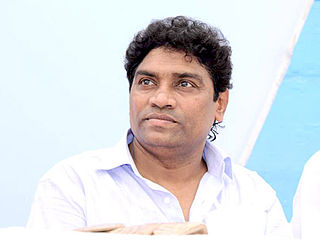A Quote by Oscar Wilde
When both a speaker and an audience are confused, the speech is profound.
Related Quotes
If a university official's letter accusing a speaker of having a proclivity to commit speech crimes before she's given the speech - which then leads to Facebook postings demanding that Ann Coulter be hurt, a massive riot and a police-ordered cancellation of the speech - is not hate speech, then there is no such thing as hate speech.
Speakers find joy in public speaking when they realize that a speech is all about the audience, not the speaker. Most speakers are so caught up in their own concerns and so driven to cover certain points or get a certain message across that they can't be bothered to think in more than a perfunctory way about the audience. And the irony is, of course, that there is no hope of getting your message across if that's all the energy you put into the audience. So let go, and give the moment to the audience.
As medium for reaching understanding, speech acts serve: a) to establish and renew interpersonal relations, whereby the speaker takes up a relation to something in the world of legitimate social orders; b) to represent states and events, whereby the speaker takes up a relation to something in the world of existing states of affairs; c) to manifest experiences that is, to represent oneself- whereby the speaker takes up a relation to something in the subjective world to which he has privileged access.
It is frequently said that speech that is intentionally provocative and therefore invites physical retaliation can be punished or suppressed. Yet, plainly no such general proposition can be sustained. Quite the contrary.... The provocative nature of the communication does not make it any the less expression. Indeed, the whole theory of free expression contemplates that expression will in many circumstances be provocative and arouse hostility. The audience, just as the speaker, has an obligation to maintain physical restraint.







































